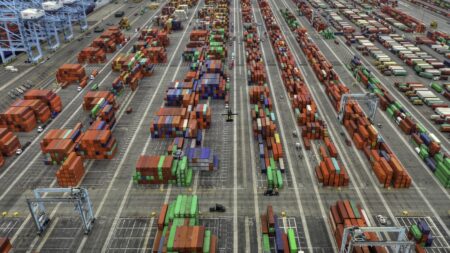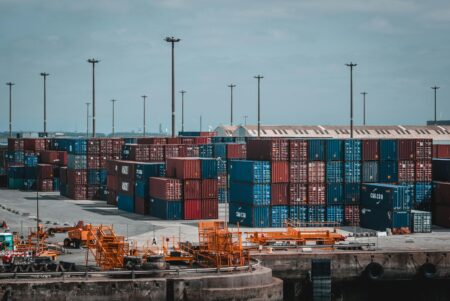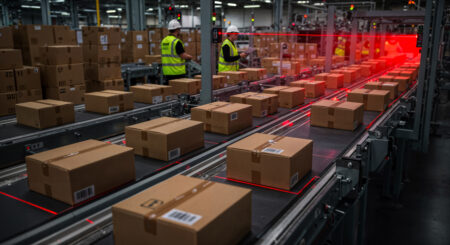Prof. Gitakrishnan Ramadurai, IIT Madras, shares why creating the right ecosystem is key to scaling sustainable logistics in India, busting common myths, and urging smarter policies, innovation, and responsible industry collaboration.

Green logistics isn’t costly; it just needs the right ecosystem
Sustainability in logistics isn’t about just switching to electric vehicles (EVs); it’s about building an entire ecosystem around them. From battery manufacturing and raw material sourcing to charging infrastructure and affordable supply chains, every link must be in place. Small EVs like three-wheelers and light commercial vehicles are already gaining traction, but for heavy trucks, the gap in infrastructure remains a hurdle. Fast-charging stations, robust grid access, and reliable energy backup are essential for larger freight vehicles to go green at scale. Without these, even the best EV fleets will struggle to operate efficiently.
Myths busted
Many still believe going green means higher costs or unreliable operations. Prof. Ramadurai strongly disagrees. Sustainability, he says, is not more expensive, it just needs a mindset shift. Concerns around power outages, range anxiety, and battery life are either exaggerated or already being addressed through smart charging infrastructure, emergency response planning, and advanced battery recycling. In fact, range anxiety is decreasing as users see that most daily operations don’t exceed EV limits.
EVs lead
When it comes to transformative green technology, EVs remain the frontrunners. While hydrogen and other alternative fuels hold promise, their cost and infrastructure needs are still years away from readiness. EVs, once expensive, are now affordable thanks to falling battery prices. With continued support, India can expect wide EV adoption across logistics over the next decade, much like the IT outsourcing boom—led by startups and innovation.
Outsource smart
Prof. Ramadurai believes companies should stop managing logistics internally. Like IT services, logistics should be outsourced to specialized players, especially startups using smart tech to drive efficiency. Outsourcing can reduce costs, improve sustainability, and bring professionalism to an often-fragmented sector. His startup “Good Move” already demonstrates real-world benefits in action. Specialised firms can also ensure compliance with evolving green regulations, which are often overlooked in-house.
Government’s role
The government’s job, he asserts, is not to subsidise EV purchases endlessly but to lay the groundwork, literally. Focus should shift from vehicle subsidies to building robust EV infrastructure, investing in research for battery recycling and alternative technologies, and setting minimum standards for labour and sustainability compliance. It’s about enabling, not owning. Additionally, state-level coordination and incentives for grid stability will further accelerate adoption at scale.
Consumer reality
Finally, Prof. Ramadurai challenges the idea that consumers won’t pay more for green services. “Sustainable doesn’t mean expensive,” he says. Many large e-commerce players are already lowering costs by switching to EVs. But he also warns against unfair labour practices and calls for stronger accountability across the logistics workforce. Green freight must be fair freight.











